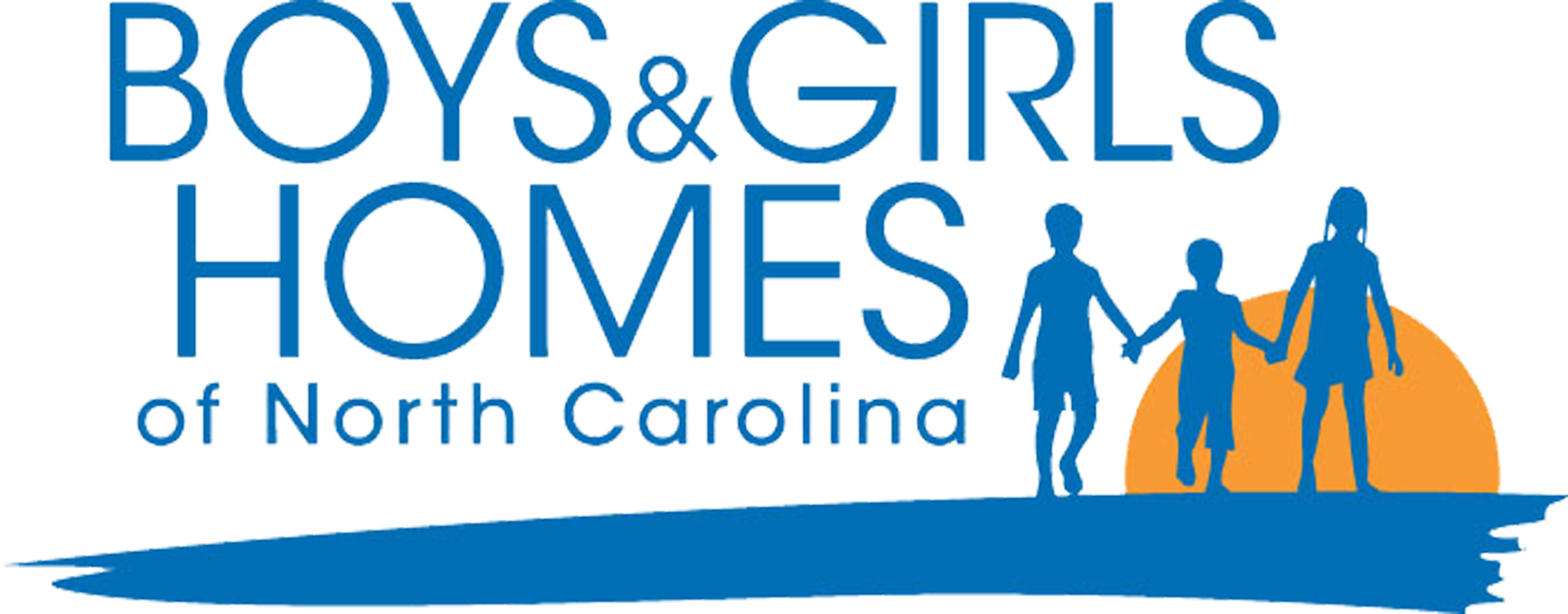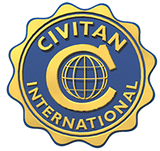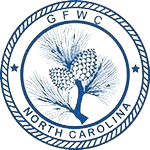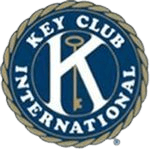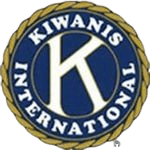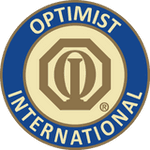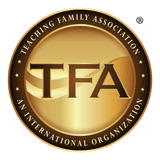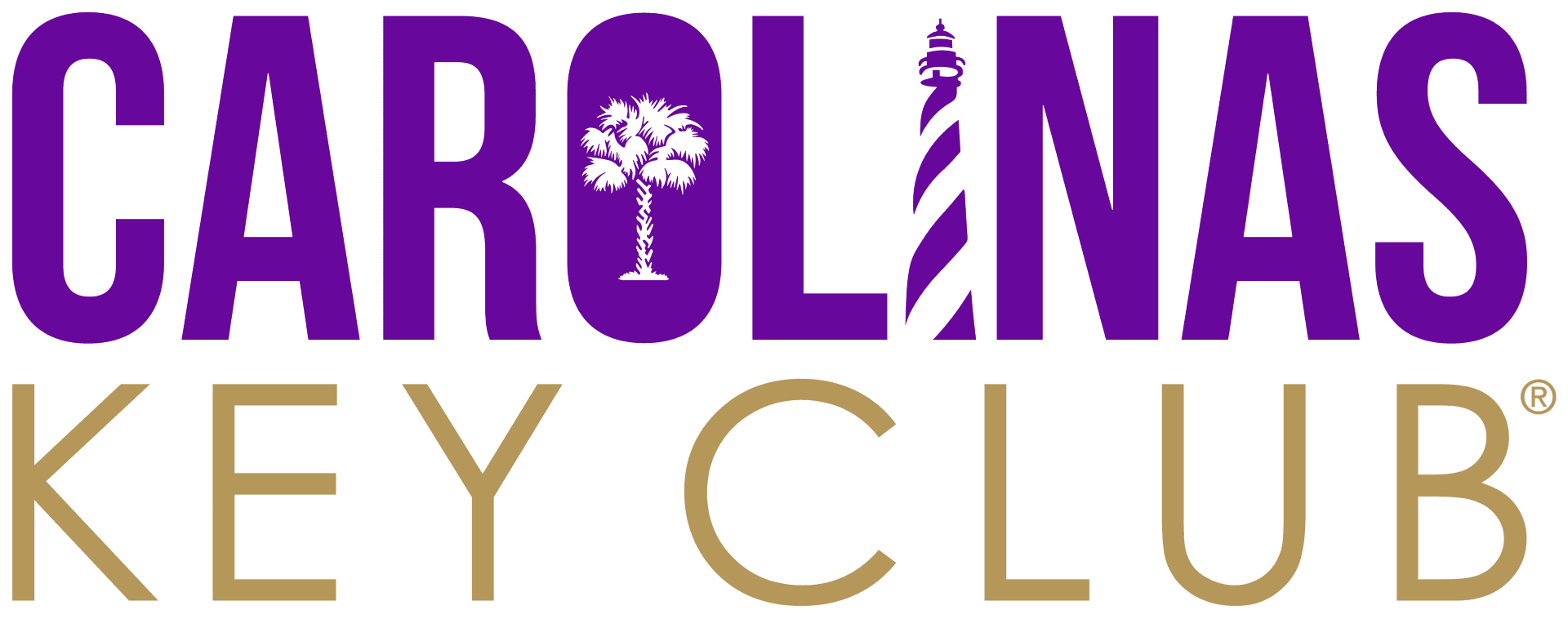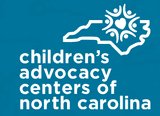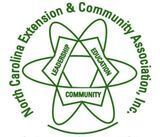When Boys and Girls Homes of North Carolina President/CEO Ricky Creech was developing the Waccamaw Way model of care for the organization, he had a clear intention of providing the best opportunities for youth and families in care.
“The Waccamaw Way utilizes multiple clinical methods of treatment with an individualized treatment curriculum put together for each youth through our clinical team,” Creech said. “We work with evidence-based best practices to meet the youth’s therapeutic goals.”
Among the treatment methods incorporated into the model is Therapeutic Recreation.
“Therapeutic Recreation is a systematic process that utilizes recreation and other activity-based interventions to address the assessed needs of youth as a means to psychological and physical health, recovery and well-being,” Creech said. “It is a treatment service designed to restore, remediate and rehabilitate a youth’s level of functioning and independence in life activities, and promote health and wellness.”
Recreation Therapist Lauren Geiss has been leading the program after spending more than a year as a social worker in BGHNC’s Community Based Services.
“When President Creech came he wanted to create a Therapeutic Recreation component for the campus,” Geiss said of the transition. “As I was already licensed and certified in recreational therapy I was ready for the challenge.”
In taking the position, Geiss has been working to really introduce the youth to the benefits of using healthy activities to deal with life’s stresses.
“Therapeutic Recreation is really therapy through what you enjoy doing,” Geiss said. “When I am starting to do recreation therapy with a group, I will start by asking them if they know what recreation is. So many people have no idea. Recreation is participating in activities that you enjoy doing. So Therapeutic Recreation is the therapeutic aspects of those activities. The hobbies and skills to deal with the stresses of life.
“Therapeutic Recreation is not just sitting doing crafts or playing dodgeball,” she continued. “Yes, that is part of it, but it is so much more. It is something that anybody can do. It is about finding what you like to help you when you are having a stressful day. Things that you can do anywhere.”
As every moment matters within the Waccamaw Way framework, Geiss makes sure to provide a consistent structure for the sessions with youth.
“There are five domains within Therapeutic Recreation – social, emotional, cognitive, physical and life skills,” Geiss said. “We make sure that our program does work in every domain. We still have to be intentional in discovering what the youth like. We are exposing them to hobbies they may have never considered like fishing. We are helping them find healthy ways to cope with the stresses of life with options beyond campus.
“We are exploring within a very structured schedule that allows the youth to know what to expect. So they know that we have Therapeutic Recreation at this time on this day and they know it will touch on one of the five aspects. We provide structure so they know the expectations and we can have the best experience possible for everyone.”
The program has provided an impact on the youth in a variety of ways. Witnessing the changes and victories for the youth are among the biggest rewards for Geiss.
“One of the biggest rewards has been seeing the personality come out,” she said. “There is one youth who has been struggling in the day-to-day activities of the campus. I was hearing complaints about this youth’s behaviors from the cottage staff and even some of the leadership of the campus life. We took him fishing and he was a whole new kid. It was something hands on and rewarding. It was his first time on a boat and the interaction he had with the fishing guide was incredible. The fishing trip opened his eyes to a job option that he’d never considered before.”
Geiss is also using Therapeutic Recreation to help the youth develop their planning skills in a new way.
“I have four kids on a holiday committee that are helping to plan out the different campus activities for the holiday season,” said Geiss. “For example, we just put together a Halloween event for our campus youth and they planned out the carnival. They are getting to do real life stuff where they feel safe to be themselves. The power of recreation is that people are happiest when they are doing the things that they love.”
This structured form of Therapeutic Recreation is still in its first year and Geiss sees a very promising path forward.
“As we move forward with the program I want to continue to do more with life skills,” Geiss said. “I would love to get to the point where once a week we are doing something off campus, whether it is fishing, zip lining, yoga studies or even sailing.”
For Director of Residential Life Joe Yalch, Geiss’ work with the youth has already provided an impact.
“Lauren has been doing some great activities with the youth,” Yalch said. “She is managing the program as a single practitioner right now and we are seeing the positive impact she is having on our kids. Therapeutic Recreation is something our kids look forward to in large part because of Lauren’s guidance.”
About Boys and Girls Homes of North Carolina
Boys and Girls Homes of North Carolina, Inc., has been helping children since 1954. Since then, more than 7,500 children have benefitted from the services of the not-for-profit, 501(c)3 agency. Its mission is to provide a comprehensive array of services for children and youth who have been removed from their homes due to abuse, neglect or other family dysfunction. BGHNC offers adoption, family and therapeutic foster care, free children’s therapy, as well as residential care on the campus at Lake Waccamaw. The campus features a SACS-accredited school with a middle and high school curriculum, vocational education, recreation facilities, farm, chapel and cottage life. As many as 320 children are cared for through the residential, community-based services, and school program provided by BGHNC at any given time. BGHNC operates its program, services and activities in compliance with federal nondiscrimination laws. BGHNC is nationally accredited by the Council on Accreditation.
